“Millions of young people are unemployed, countless individuals go to bed hungry due to a broken food system that pushes many into poverty, and many cannot afford healthcare. These problems are interconnected,” she says in her reflection shared with ACI Africa on November 4.
She observes that clearing land for food production, particularly through mechanized agriculture, is a major contributor to climate change in Africa.
Additionally, the use of harmful chemicals and fertilizers to boost food production raises significant food safety concerns and adversely affects soil health, Ms. Esipila says, and adds, “The fiscal space to address climate change, among other pressing needs, is severely limited, leaving little room for job creation and upward mobility.”
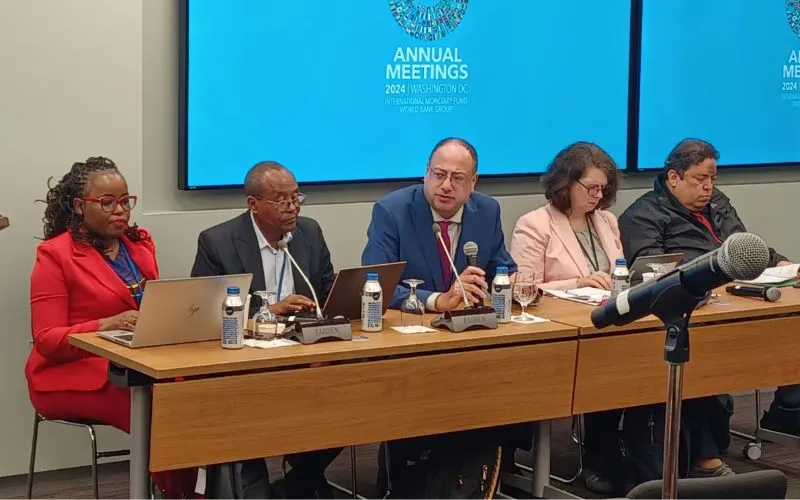 Credit: Caritas Africa
Credit: Caritas Africa
In her reflection, the Caritas Africa official underlines the need to reflect on the Heavily Indebted Poor Countries Initiative (HIPC) ahead of the Catholic Church’s 2025 Jubilee Year.
(Story continues below)
Started by the IMF and the World Bank in 1996, the HIPC initiative was designed to ensure that the poorest countries in the world are not overwhelmed by unmanageable or unsustainable debt burdens.
According to Ms. Esipila, the initiative, in the early 2000s, enabled African nations to redirect the savings from debt relief toward poverty reduction initiatives.
“This essential program provided a framework that borrowers were eager to engage with,” she says, adding that in contrast, the existing Common Framework for Debt Treatment, endorsed by the G20, “is slow and lacks clarity when compared to the HIPC initiative.”
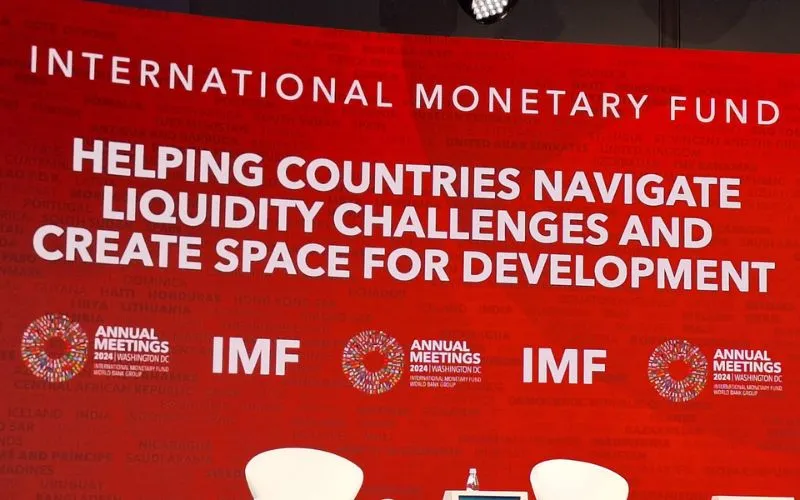 Credit: Caritas Africa
Credit: Caritas Africa
The Common Framework for Debt Treatment was launched in November 2020 to assist low-income countries in restructuring their debt.
This initiative aims to address pressing issues related to debt sustainability, such as the expiration of COVID-related support, the accumulation of arrears, reduced priority expenditures, and tightening international financial conditions. Additionally, it seeks to coordinate the efforts of various government institutions and agencies.
Highlighting the gaps in the framework, Ms. Esipila says, “Many African nations continue to make debt repayments at the expense of vital spending on health, education, human development, and climate initiatives. They do not avoid seeking debt relief because they are able to repay their debts, but rather because there is no reliable process in place to achieve debt relief. This highlights a significant contrast with the HIPC initiative.”
She notes that Caritas Africa's messaging in the Africa Inclusive Economic Recovery Campaign has consistently evolved, guided by dialogue with implementing partners and the contributions of member organizations as they engage with decision-makers in their countries.
“We emphasize that African governments require additional concessional financing to navigate the short-term fiscal challenges while negotiations for a more comprehensive Debt Management Framework are ongoing,” she says.
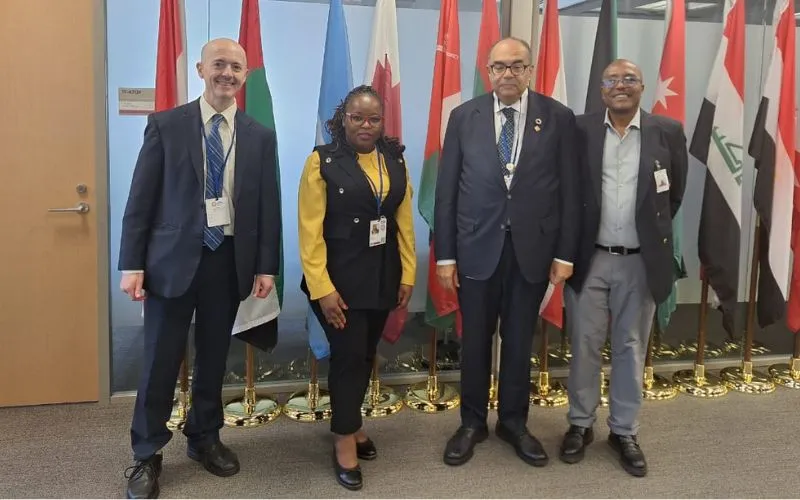 Credit: Caritas Africa
Credit: Caritas Africa
Ms. Esipila notes that the International Development Association (IDA), the World Bank’s branch dedicated to low and lower-middle-income countries, is one of the largest sources of development assistance for the world’s poorest nations.
The association, she goes on to elaborate, provides grants and highly subsidized loans to its client countries. However, IDA’s funds must be replenished by donors every three years. “Increasing the current IDA portfolio could serve as another effective mitigation measure,” she says.
“We continue to advocate for reform of the overall debt architecture,” Ms. Esipila insists, adding that debt relief processes should begin with “an immediate suspension of debt payments, ideally ceasing payments upon the debtor's request until the necessary relief measures are clarified.”
“Furthermore,” she continues, “these processes must be comprehensive, ensuring that debtors are protected from all creditors, not just a select few.”
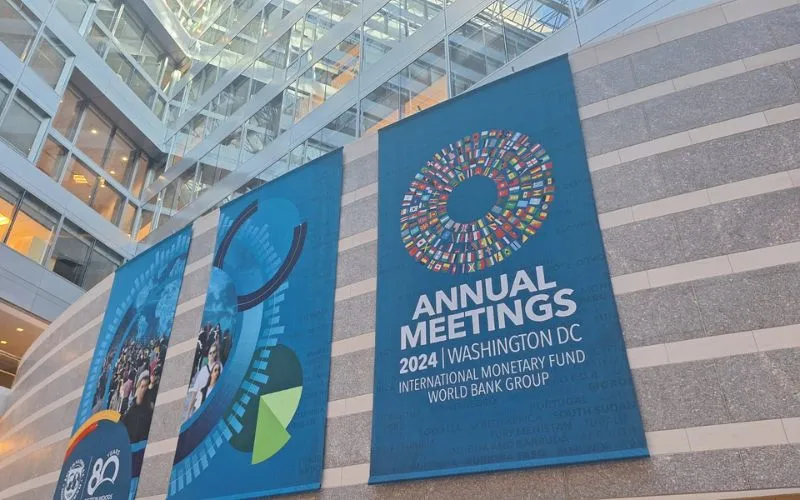 Credit: Caritas Africa
Credit: Caritas Africa
“We urge legislative changes in New York and other jurisdictions to shield debtors from litigation by private creditors. Lastly, adequate financing must be directed toward addressing the human development and climate spending needs of our countries,” she says.
The Caritas Africa official however acknowledges that debt forgiveness for African countries will be ineffective unless it is paired with a demand for better and more transparent governance.
Ms. Esipila says that efficient debt forgiveness for Africa can be achieved through intentional investments that facilitate citizen oversight of public debt management.
Agnes Aineah is a Kenyan journalist with a background in digital and newspaper reporting. She holds a Master of Arts in Digital Journalism from the Aga Khan University, Graduate School of Media and Communications and a Bachelor's Degree in Linguistics, Media and Communications from Kenya's Moi University. Agnes currently serves as a journalist for ACI Africa.
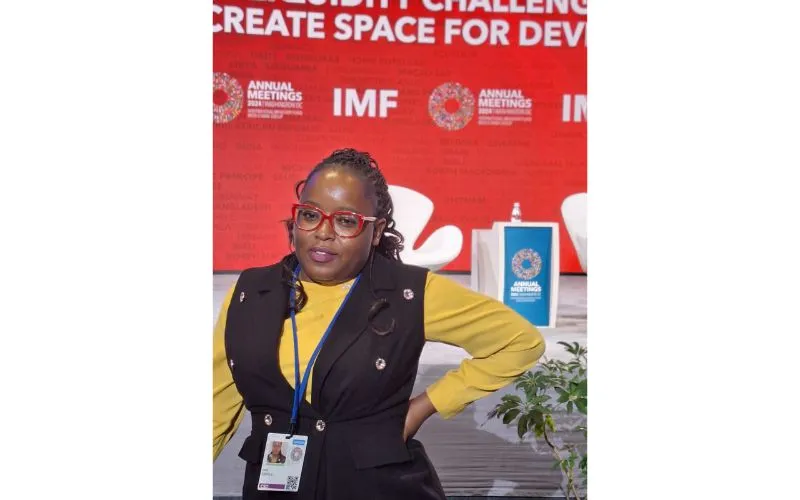 Lucy Afandi Esipila. Credit: Caritas Africa
Lucy Afandi Esipila. Credit: Caritas Africa


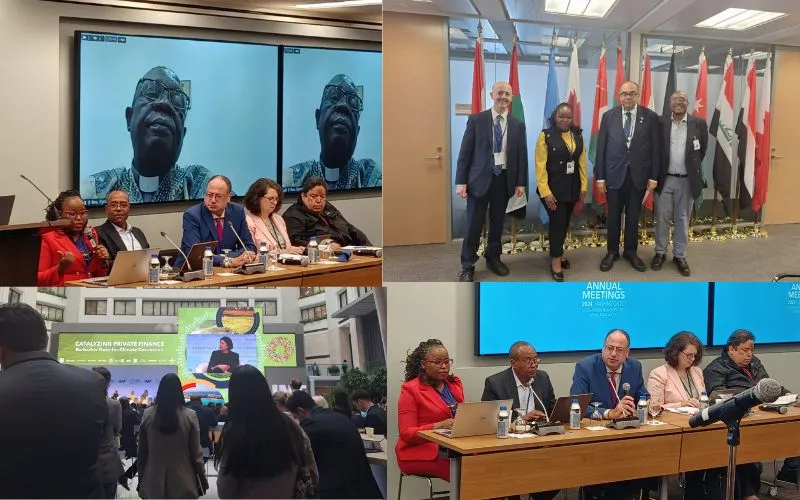
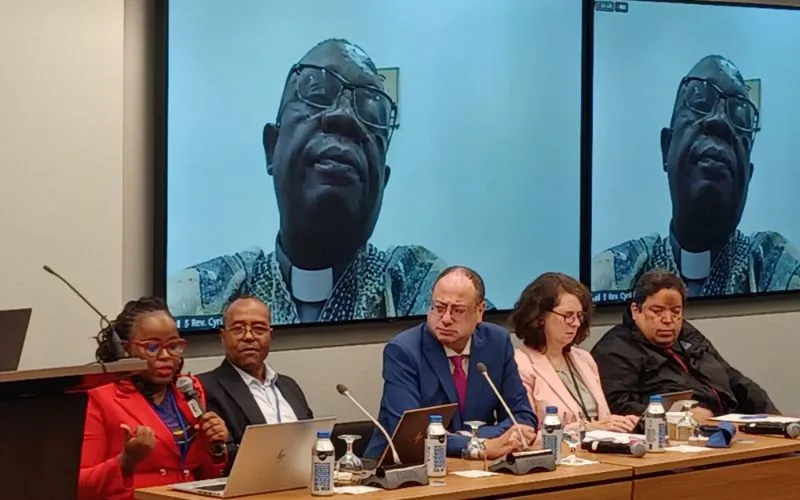 Credit: Caritas Africa
Credit: Caritas Africa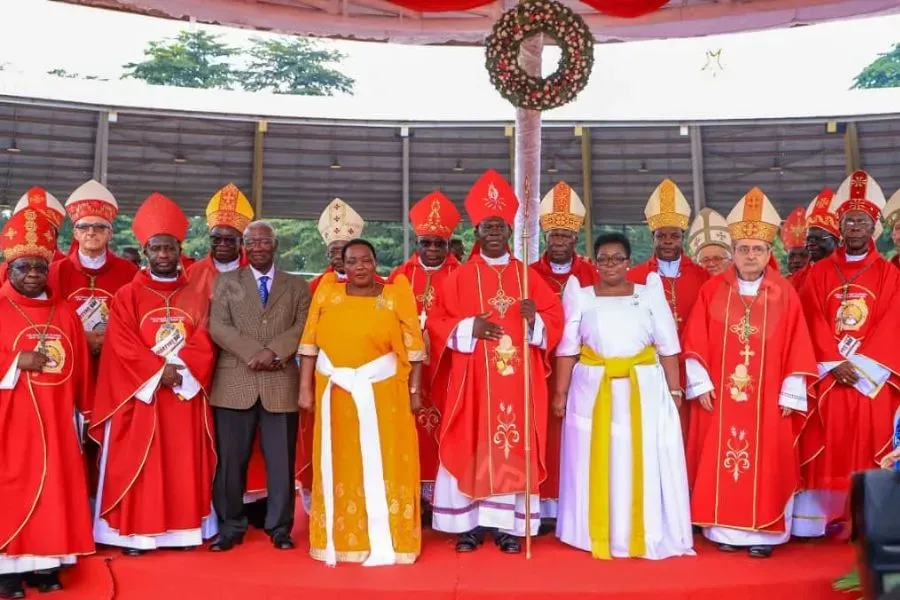
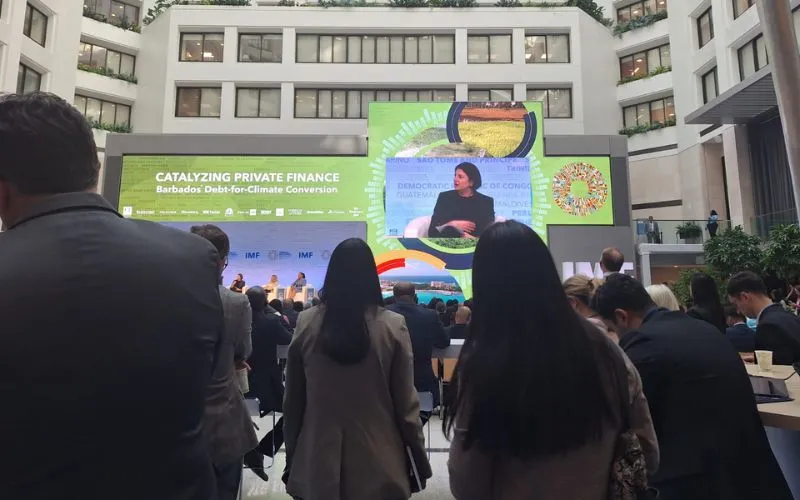 Credit: Caritas Africa
Credit: Caritas Africa Credit: Caritas Africa
Credit: Caritas Africa Credit: Caritas Africa
Credit: Caritas Africa Credit: Caritas Africa
Credit: Caritas Africa Credit: Caritas Africa
Credit: Caritas Africa


